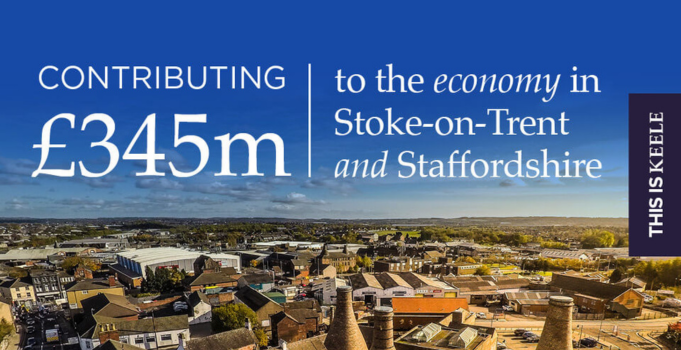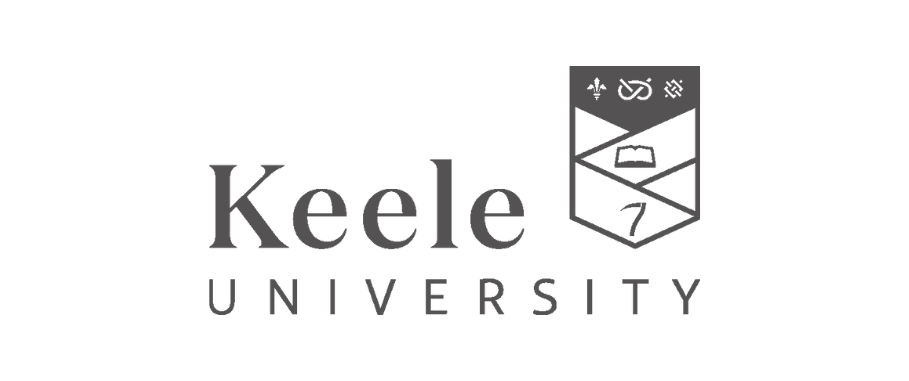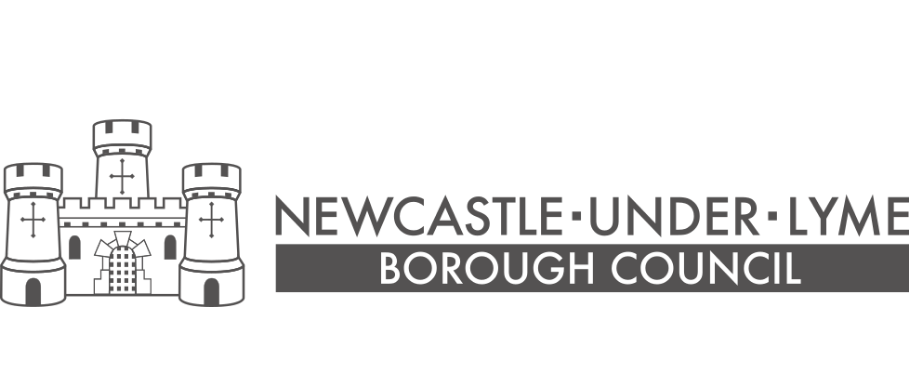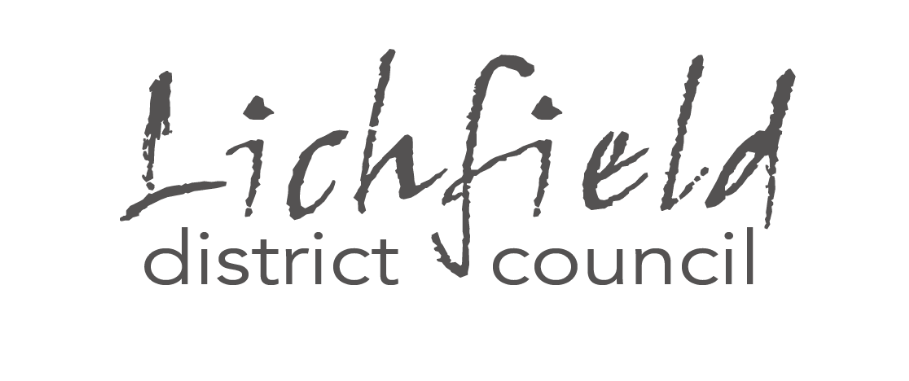
NEW REPORT REVEALS SCALE OF KEELE UNIVERSITY’S ECONOMIC CONTRIBUTION TO REGION
A new report has revealed that Keele University contributes around half a billion pounds each year to the West Midlands economy, with nearly three quarters of this (£345m) in the Stoke-on-Trent and Staffordshire local enterprise area.
Major economic contribution
A new report, published by independent economists Hatch, has revealed that Keele University contributes around half a billion pounds in gross value added (GVA) to the West Midlands economy each year, with nearly three quarters of this (£345m) in the Stoke-on-Trent and Staffordshire area.
The report also identifies that the University supports the equivalent of almost 5,500 jobs in Stoke-on-Trent and Staffordshire, rising to over 7,000 in the wider region.
The report also found that this economic impact is created not only through direct employment of the University’s staff, but also through spending with local suppliers and contractors, with neighbouring businesses and people in Newcastle-under-Lyme being the primary beneficiaries.
- Keele is one of the largest employers in Newcastle-under-Lyme, with over 39% of its workforce living in the Borough and a further 31% living in Stoke-on-Trent, spending their salaries locally creating further economic impact.
- In total, the report authors estimate that Keele’s business support activities have positively impacted over 175 businesses in Newcastle, supporting over 170 FTE jobs in the Borough and generating over £18m of economic impact.
Additionally, the University spent over £10m with West Midlands suppliers in 2020/21, £8.2m of which was with suppliers in Stoke-on-Trent and Staffordshire.
Sustained growth
As well as the direct impact of the University and its activities on the local economy, it has also acted as a catalyst for further economic growth in the region thanks to the integrated Science and Innovation Park on the Keele campus, that medical technology, healthcare, digital and environmental businesses have chosen as their home.
Since 2017, Keele’s Science & Innovation Park has seen steady growth, with nearly 1,000 full-time equivalent staff now based there in over 50 businesses. These businesses provide £60m gross value added (GVA) in Stoke-on-Trent and Staffordshire, and £75m in the wider West Midlands, supporting 1,630 jobs.
Professor Trevor McMillan OBE, Vice-Chancellor of Keele University, said:
“Keele has been making a positive impact on Newcastle-under-Lyme and Stoke-on-Trent – and across Staffordshire – for almost 75 years now, and this latest report shows how we’re powering the region more than ever before: contributing around half a billion pounds to the West Midlands economy each year, supporting local businesses, and creating jobs.
“Seeing the impact that our University has on the hundreds of local businesses that we support is enormously rewarding, and with over 1,000 of our colleagues living locally – and with hundreds of our medical professionals working in local hospitals and healthcare settings – I couldn’t be more proud of the central role that Keele plays in the area and of the positive impact that our University has on local people, and in making our region a great place to live and work.”
A key strategic partner
These major economic contributions are highlighted in the report as an indicator of Keele’s importance to delivering on major Government priorities around Levelling Up, decarbonisation, and business innovation, with the report authors noting that Keele plays a major role in both Staffordshire County Council and Newcastle-under-Lyme Borough Council’s respective economic development strategies.
Ann Pittard, Director of Engagement & Partnerships and Science Park at Keele University, said:
“It is always useful to have independent validation of the economic impact we are making in the local area as a university. As the report reflects, we have placed a strong focus on supporting the local economy through research and innovation over the last six years. Economic impacts are just one aspect – our programmes are also supporting environmental, health and cultural impacts.”


















